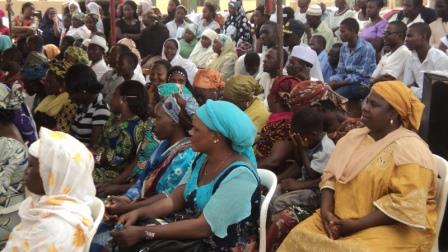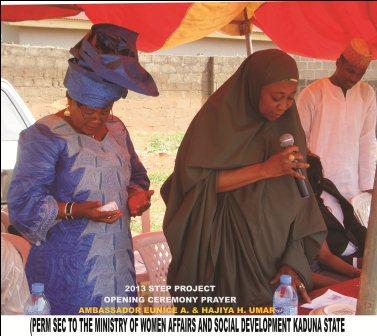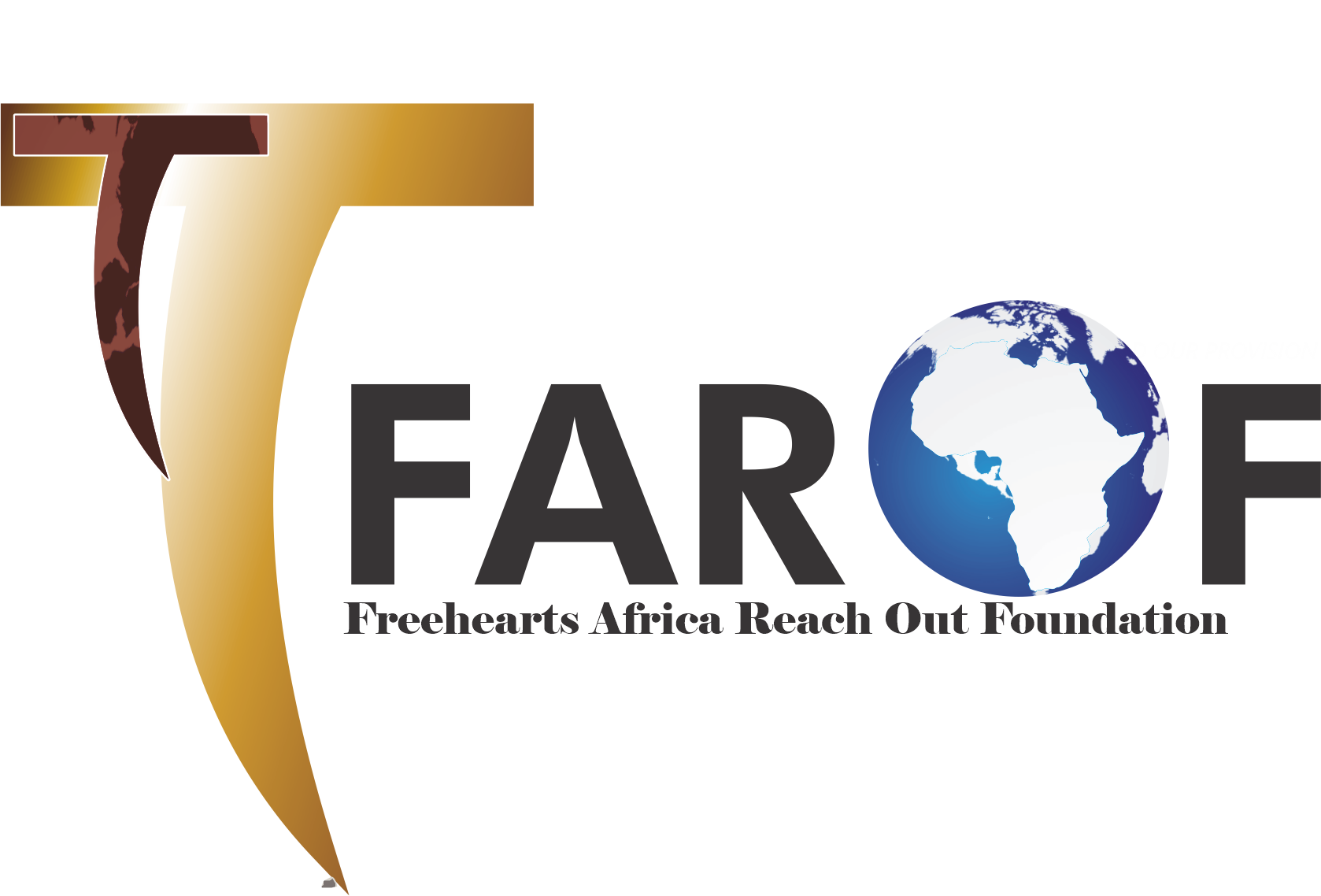Prevention Of Mother To Child Transmission Of HIV
FAROF in Partnership With Society for Family Health (SFH)
PMTCT Event Organised By FAROF

Our Objectives
We have mobilise over 2000 nursing mother’s accessing Antiretroviral Therapy (ART) to also consent all their children for counseling and testing, linking reactive clients to access care and treatment. With collaborative effort with our consortium, we established a total of 23 Youth Friendly Centres, and 107 support groups within the facilities for children (10-19 years of age) who are infected/affected with HIV. We presently have 2,357 for the three target states children (10-19 years of age) that are currently on Antiretroviral Therapy (ART¬).
- reduce stigmatization and discrimination to a baseline of about 75%:
- Increase Wider awareness of PMTCT within hard to reach areas of the state .
- Increase the level of ICT usage for study, research and awareness in hard-to-reach-areas in the state
- Build a PMTCT community network follow-up team
Study/Knowledge about HIV, MTCT and PMTCT
A number of studies have identified the link between knowledge of HIV, MTCT and PMTCT and uptake of PMTCT services.
Conversely, other studies have associated high levels of HIV, MTCT and PMTCT knowledge with lower acceptability of PMTCT.
one study from south-west Nigeria recorded that while 99.8 percent of pregnant women were aware of HIV, had very high knowledge of MTCT (92 percent) and PMTCT (91 percent) – 71 percent had negative views towards the PMTCT of HIV. This was due to other factors such as stigma and discrimination faced by HIV-positive pregnant women.
FAROF Launched Pmtct Project In North West And North Central Of Nigeria (Kaduna State, Abuja And Benue State) Leveraging On Other Partners Programmes

HIV Stigma and Discrimination & PMTCT
HIV-related stigma and discrimination affect a pregnant woman’s decision to enrol in PMTCT programmes and interrupt adherence to treatment and retention in care. It has been estimated that over 50 percent of vertical HIV transmissions from mother-to-child globally, can be attributed to the cumulative effect of stigma when accessing PMTCT services.
Study/Knowledge about HIV, MTCT and PMTCT
A number of studies have identified the link between knowledge of HIV, MTCT and PMTCT and uptake of PMTCT services.
Conversely, other studies have associated high levels of HIV, MTCT and PMTCT knowledge with lower acceptability of PMTCT.
one study from south-west Nigeria recorded that while 99.8 percent of pregnant women were aware of HIV, had very high knowledge of MTCT (92 percent) and PMTCT (91 percent) – 71 percent had negative views towards the PMTCT of HIV. This was due to other factors such as stigma and discrimination faced by HIV-positive pregnant women.
Our PMTCT Program Approach
A number of studies have identified the link between knowledge of HIV, MTCT and PMTCT and uptake of PMTCT services.
Conversely, other studies have associated high levels of HIV, MTCT and PMTCT knowledge with lower acceptability of PMTCT.
one study from south-west Nigeria recorded that while 99.8 percent of pregnant women were aware of HIV, had very high knowledge of MTCT (92 percent) and PMTCT (91 percent) – 71 percent had negative views towards the PMTCT of HIV. This was due to other factors such as stigma and discrimination faced by HIV-positive pregnant women.

